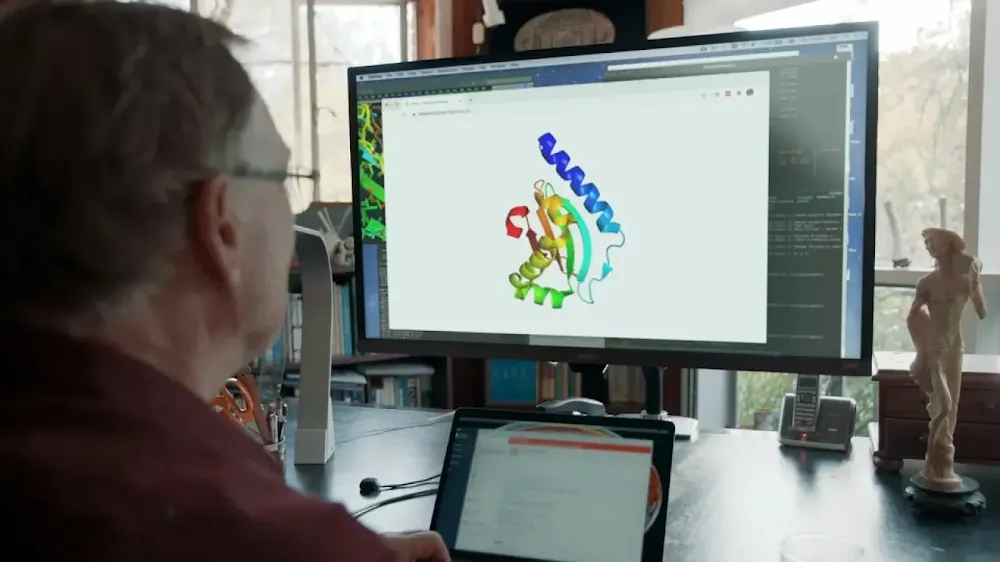In an era of constant disruption, fierce competition, and accelerating innovation, organizational resilience has become a key factor in business survival and growth. But as companies race toward efficiency, digital transformation, and profitability, one essential question emerges
Can we build agile, advanced companies without sacrificing our humanity ?
This article explores how modern businesses can develop strong, dynamic, and resilient systems while preserving empathy, dignity, and social responsibility hallmarks of companies that strive not only for success, but for meaningful, human-centered impact
1. Understanding the True Meaning of Resilience
Resilience isn’t just about adapting to crises it’s about :
Making fast decisions without compromising values
Pivoting plans without harming team well-being.
Embracing failure as a human experience, not a mark of weakness
True resilience recognizes that people are the heart of the system not just cogs in a machine
2 Creating a Culture of Empathy
Human-centered companies :
Invest in employee mental health.
Encourage work-life balance
Embrace diversity and celebrate individuality
When people feel seen, heard, and valued, they naturally become more engaged, creative, and committed strengthening the company’s adaptability from within
3 Practicing Human-Centered Leadership
Resilient leadership isn’t about control or toughness it’s about:
Active listening
Fair and inclusive decision-making
Leading with humility and transparency.
Admitting mistakes and sharing success
Leaders who combine competence with compassion create cultures where resilience and humanity thrive together
4. Leveraging Technology Without Dehumanization
While automation and AI define the modern workplace, they should not strip organizations of their human essence Technology should:
Enhance efficiency without compromising quality of life
Improve communication without replacing it
Empower human potential—not eliminate it
5 Embedding Social Responsibility Into Strategy
Truly resilient companies understand their role goes beyond the bottom line. Community investment builds :
Genuine customer loyalty
A powerful, authentic reputation.
Sustainable environments for mutual growth
Social impact should be woven into the core business model not treated as an afterthought
Conclusion : Progress Doesn’t Require Sacrificing Principles
Companies that successfully blend resilience, innovation, and humanity tell the most inspiring stories of success. Ultimately, employees customers, and communities remember not just the products you built, but how you made them feel
Building a resilient company should never come at the cost of losing our human touch.
Instead, it is through our shared humanity that we build resilience that’s not only adaptive but meaningful, ethical, and enduring


